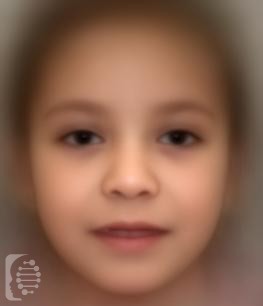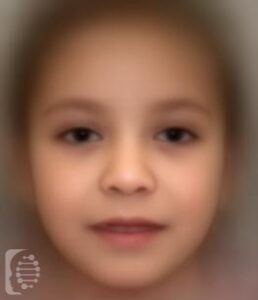What is Turner syndrome?
Turner syndrome affects only females. 1 in every 2,000 females born is diagnosed with the syndrome.
This rare disease is characterized by short stature, heart defects, and a failure of the reproductive organs, specifically the ovaries to develop.
In some instances, the syndrome is not diagnosed until puberty when these symptoms become apparent.
What gene change causes Turner syndrome?
The syndrome occurs randomly. Patients who are always females are born with only one normal X chromosome. The second X chromosome is missing or partially missing, however, chromosome Y can also be the missing one.
In some cases, a genetic syndrome may be the result of a de-novo mutation and the first case in a family. In this case, this is a new gene mutation that occurs during the reproductive process.
What are the main symptoms of Turner syndrome?
Girls with Turner syndrome usually have a short stature. The main feature of the condition is underdeveloped ovaries which prevent individuals with the condition from having periods, and the development of secondary sexual characteristics, leading to infertility.
Congenital hydrops (accumulation of liquid in the neck and hands), and abnormal heart defect are two of the main features that can lead to the diagnosis before puberty and even prenatally.
How is it diagnosed?
To find out if someone has a diagnosis of Turner syndrome, it is important to have a consultation and evaluation with a clinical genetic specialist. Specialists may also suggest specific genetic testing or other types of tests to help reach a diagnosis. FDNA’s AI technology can help speed up the diagnostic process by analyzing facial features and other health information.


